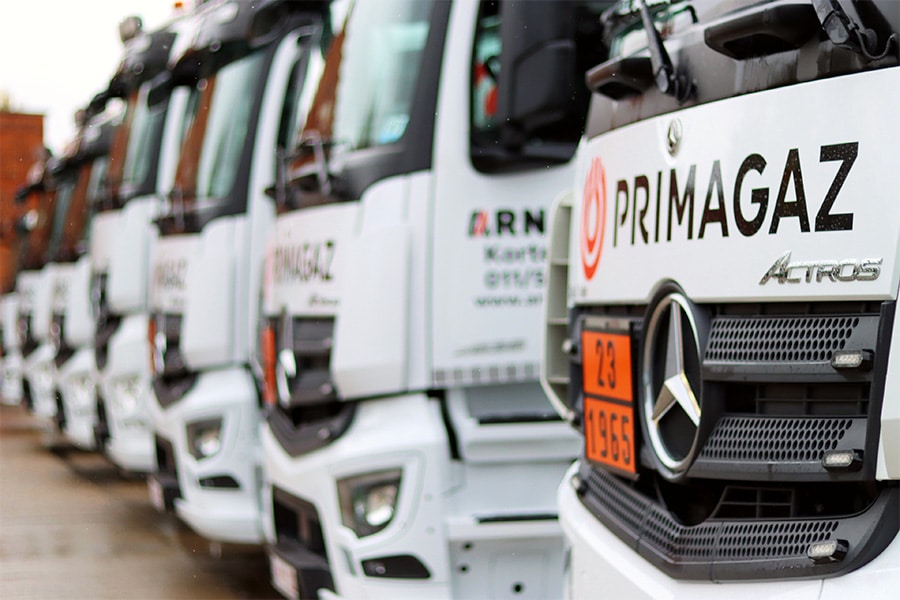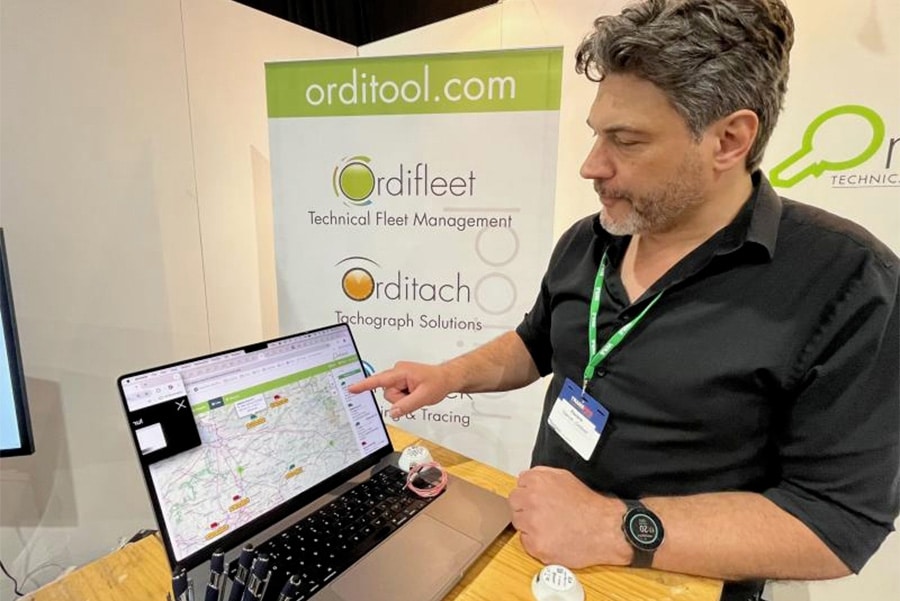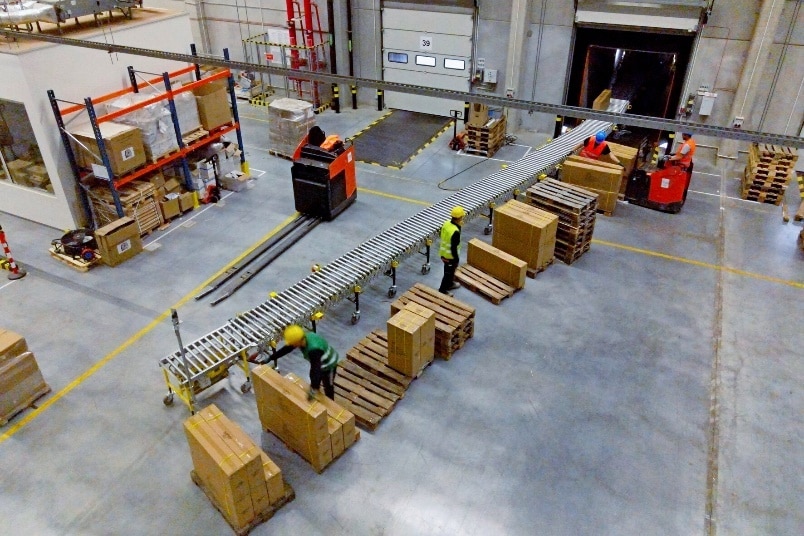
What is the impact of the Olympics on transportation & fleet?
The Olympic Games are often associated with a host city: London, Rio, Paris ... but that underestimates the enormity of this world-famous event. Thus, there are 39 Olympic venues spread across the Île-de-France region, the four corners of France and the overseas territories. For those who follow the Games, it has long been clear: Paris is not the only city hosting the events, although it is undoubtedly the most affected city in terms of traffic disruption. François Denis, Country Manager in France for Geotab, a global leader in IoT and connected transportation solutions, analyzes what impact the Games will have on the region and specifically on traffic and transportation this summer.
Major disruptions are expected during both the Olympics (26/7to 11/8) and Paralympics (28/8 to 8/9), with around 15 million visitors expected in Paris. Changes in accessibility to the city and the roads around it were also noticeable in many places weeks before the start of the Games.
Traffic, the first test of the Olympics
For example, 185 kilometers of lanes will be reserved for authorized persons, not to mention traffic jams. A logistical and organizational maze that must be anticipated. Fleet managers will not be left behind, whether they are professional fleets (commercial vehicles, trucks, cabs, etc.) or public fleets such as buses. The restrictions in Paris already began last year, when 100 streets were permanently closed to traffic in favor of bicycles and pedestrians. Now, in response to the Olympics, additional traffic measures have been introduced in an 8-kilometer zone in the city, on both banks of the Seine.
From Pont Alexandre III (in the 7the arrondissement of Paris) to Avenue du Maréchal Gallieni and Place de la Concorde: the changes in the city are visible everywhere. Specifically, the so-called Olympic zones are causing traffic disruption throughout the city. Especially during moments like the opening ceremony along the Seine, there was a lot of traffic disruption, and also when the marathon and cycling take place on the roads of Paris.
The power of telematics
This is precisely why it is essential for fleet managers to plan ahead and prepare for the Games, if they haven't already, since they will last pretty much all summer. With short trips and frequent stops, the last-mile delivery sector will be one of the hardest hit.
Telematics can prove its worth here, tracking vehicles and assets virtually in real time, adjusting routes, monitoring fuel consumption and thus optimizing trips. In addition to the efficiency and productivity challenges, vehicle data also make it possible to get a view of the expected increase in carbon emissions during the Olympics. That problem has also been identified by the World Economic Forum, which estimates that emissions from delivery traffic in the world's 100 largest cities will increase by 32% by 2030, while congestion in turn is expected to increase by more than 21%.
Collecting and utilizing data appropriately is therefore crucial, even for Belgian companies that have business in France, to make it as efficient as possible. By providing accurate data in real time, telematics makes it possible to greatly optimize safety, which is no luxury in a context of high urban density and detour at every junction.
Optimize fleet management to meet climate challenge
Is organizing such a large-scale event the same as it used to be? At a time when worldwide awareness around the environment is increasing, the answer is undoubtedly "no. Every country has goals to reduce carbon emissions, and that requires resources. For large events in urban areas, any measure to reduce carbon emissions contributes to that.
In addition, the City of Paris has explicitly stated its desire for last-mile logistics to be as quiet and carbon-neutral as possible. The development of low-emission zones is also forcing fleet managers to incorporate sustainability into their strategies. Telematics, for example, makes it possible to diversify delivery methods, paving the way for easier electrification of fleets and thus reducing CO₂ emissions. Integrating these technologies not only allows fleet operators to meet growing sustainability requirements, it also increases efficiency and safety.
Governing a metropolis like Paris in itself is already a Herculean task, and then on top of that comes the organization of the largest sporting event in the world. Telematics is proving to be an indispensable tool to address the sustainability and logistical challenges of today's major cities, reducing emissions, delays and traffic during this period.




